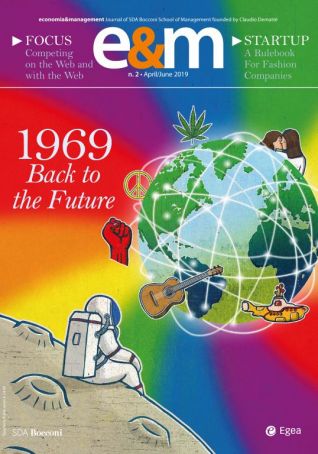E&M
2019/2
The Ambivalence of Industrial Relations
Trade unions in Italy are currently facing certain critical problems that derive from the exhaustion of the previous phase of industrial relations, based on policies of consultation with employers’ associations and public representatives, and the difficulty of sharing a “synthesis” of the transformations underway with the other actors in industrial relations.#In the new scenario of the gig economy, in which the intermediation between supply and demand is relegated to large digital platforms, the traditional protections for workers have disappeared (in terms of salary, but also working conditions).#Given these developments, it is urgent for Italian unions to understand the needs and expectations of workers in the gig economy. They are an expression of the variety of the professional identities of those workers, who often operate in different (organizational) contexts and use technologies that are not always similar (think of a worker for Upwork and a Deliveroo rider). All of this is important for unions to be able to create new structures dedicated to workers on virtual platforms, on the example of what has been done in recent years by German unions such as Ver.di or IG Metall, thus defusing the right-wing populist trap that presents itself as a revolt, but in reality strengthens existing power relations.



